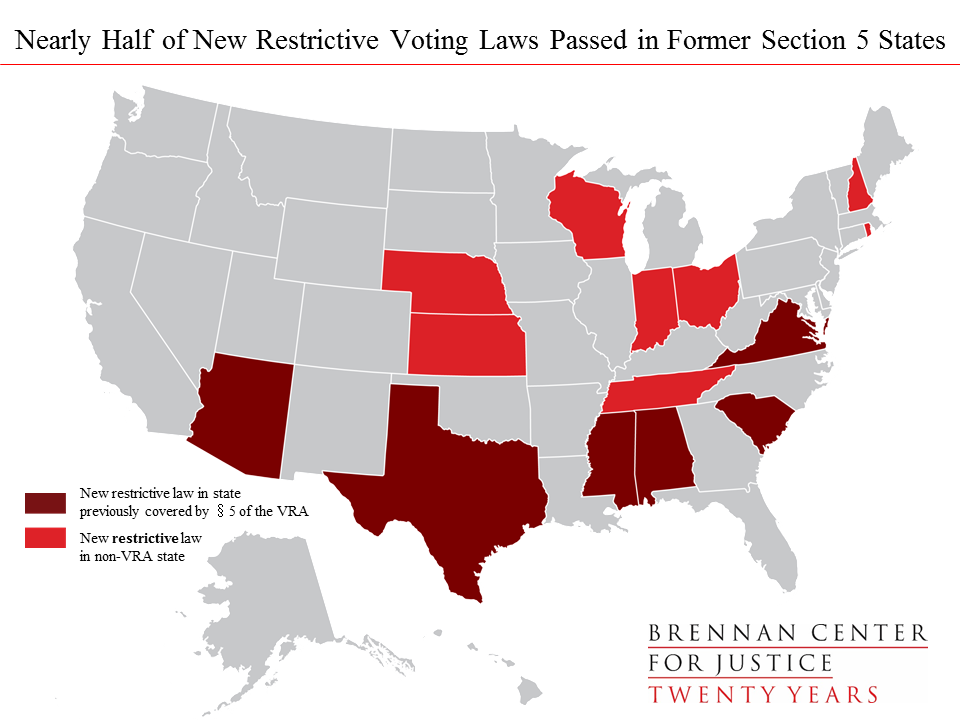Subject: Re: Well, actually...
Author:
Posted on: 2016-11-15 05:45:00 UTC
I'm not going to try to dissuade you from your views so long as you understand that your views aren't more important than anyone else's.
To that, I have no argument. In fact, that is what I've been trying to say from the get-go: the conservative's view is just as worthy of consideration as the liberal's.
I will, however, say this: saying homosexuality is a sin is directly analogous to saying being black is a sin. Neither the homosexual nor the black person can help it; it's genetic.
On that front, however, I cannot but argue: you're wrong on both the moral and the scientific counts.
I'll address the scientific first.
You yourself said in your previous post, "Science is clear on this: homosexuality (and a bunch of other tangentially related things, like being transgender) is largely genetic." (emphasis added)
That adverb is quite important. Unlike race, homosexuality is not totally genetic. It is still a given that there are factors outside of genetics that can influence whether a person is homosexual or not. Take any two identical twins. If one is gay, it is not a 100% chance that the other would be, too. But if one is Black, so is the other, no variation.
So as a matter of science, it is incorrect to state that homosexuality is just as hardwired as race.
Feel free to correct me if my knowledge is out of date.
Furthermore, as a matter of morality, to say "homosexuality is a sin" is not the same as saying "being Black is a sin." One is taught in the Bible, the other is expressly contradicted by it.
Both Old Testament and New Testament roundly call homosexuality a sin.
However, neither Testament calls it a sin to be born of one race rather than another. To get to the more thorny issue first: yes, in the Old Testament, God did tell Israel to wage war against certain nations. However, it was made clear that the rationale for doing so was the sinful deeds of those nations, not because the target nations were somehow inferior people-groups. Furthermore, under the Mosaic Law, it was expressly stipulated multiple times that Israelite and foreigner were to be treated equally under the law.
And, of course, the New Testament is even more explicit. I'll just quote: "[God] hath made of one blood all nations of men for to dwell on all the face of the earth" (Acts 17.26)
"There is neither Jew nor Greek, there is neither bond nor free, there is neither male nor female: for ye are all one in Christ Jesus." (Galatians 3:28)
"Lie not one to another, seeing that ye have put off the old man with his deeds; And have put on the new man, which is renewed in knowledge after the image of him that created him: Where there is neither Greek nor Jew, circumcision nor uncircumcision, Barbarian, Scythian, bond nor free: but Christ is all, and in all." (Colossians 3:9-11) (emphasis added)
So there's no way around it: sexual orientation and race are not equivalent scientifically or Biblically.
(And before anyone tries to use the fact that I've cited to Leviticus 20:13 in an attempt to paint me as condoning violence against homosexuals, let me cut you off at the pass: you're amiss. The New Testament nowhere gives Christians the right to execute the death-penalties of the Old Testament. On the very contrary, the examples from Jesus' life show that we are not to seek the deaths of those who disagree with the Gospel.)
(And if anyone tries to discredit my NT quotes on homosexuality because they came from Paul and not Jesus, I've already addressed the argument of "Jesus said nothing about homosexuality" in an e-mail discussion with a Boarder a few years ago. I'll paste the bulk of that here:
Now we know that [Jesus] did not have a thing to say directly about homosexuality. He didn't need to; he preached to Jews! (Paul, however, preached to Gentiles, and you should know that the Greeks and Romans did practice homosexuality, so of course he would address it though Jesus did not.) However, Jesus' own words leave no doubt on what his view of the matter would be.
In Matthew 19, we have Jesus being presented with a question from the Pharisees: "The Pharisees also came unto him, tempting him, and saying unto him, Is it lawful for a man to put away his wife for every cause?" (verse 3) ... There were two schools of thought in Jesus' day on the matter. One, the school of Shammai, said that a man could divorce his wife only if the wife was sexually immoral (e.g., if she was cheating on her husband). The other school, that of Hillel, said that a man could divorce his wife for any reason. To make a long story short, what did Jesus say? He said that marriage is permanent, to be sundered only in the case of sexual immorality. But what's important for our purposes is Jesus’ justification: "Have ye not read, that he which made them at the beginning made them male and female, And said, For this cause shall a man leave father and mother, and shall cleave to his wife: and they twain shall be one flesh? Wherefore they are no more twain, but one flesh. What therefore God hath joined together, let not man put asunder." (Matthew 19:4-6) (What a beautiful saying, and again bringing up the complementary nature of man and woman! Far from being a thing that could be tossed aside at whim, a wife is for life!)
Note that Jesus' justification is rooted in Creation: "He which made them ... male and female ... said, For this cause shall a man ... cleave to his wife: and they twain shall be one flesh."
That same reasoning undergirds the condemnation of homosexuality....)















